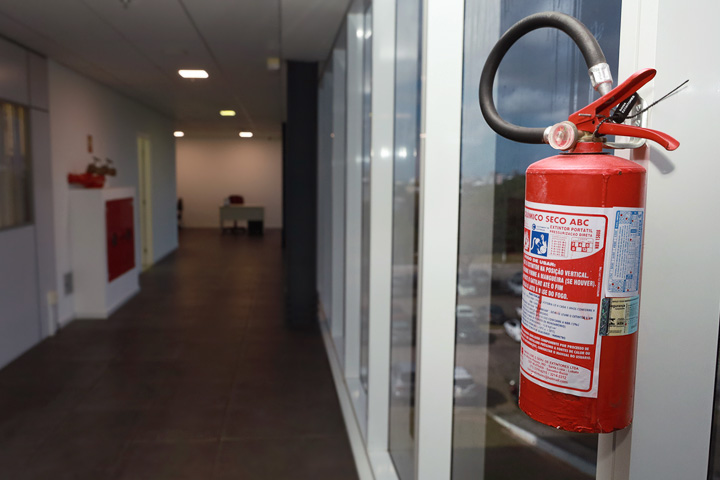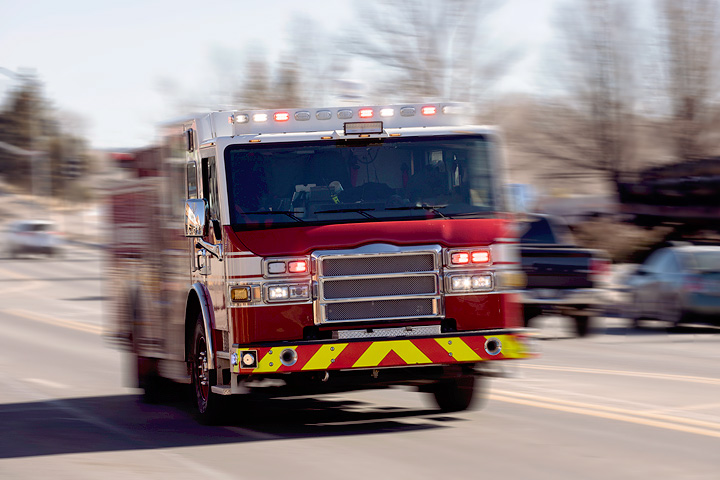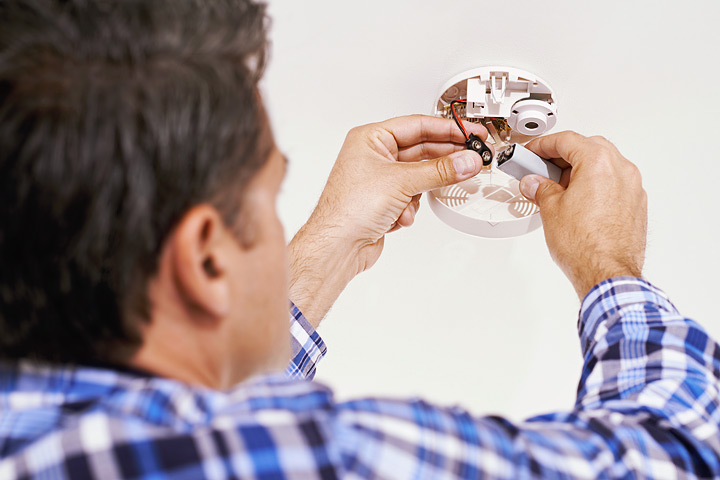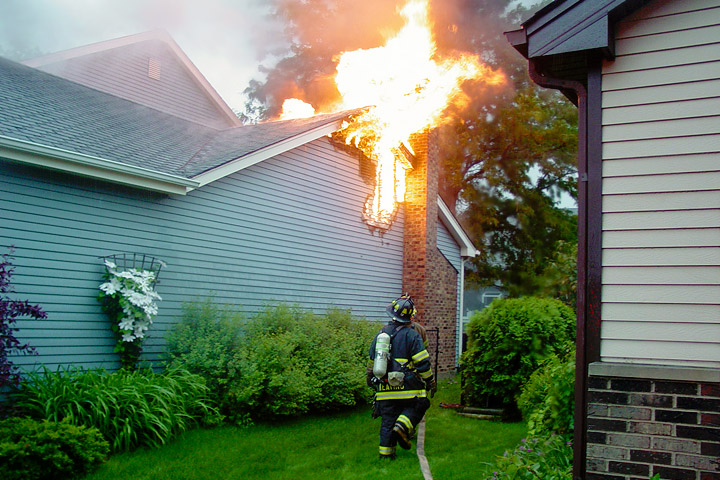How to Conduct a Workplace Fire Drill
 Conducting regular fire drills is a must to ensure your employees’ safety. A workplace fire drill helps employees prepare not only for a fire but also for any kind of emergency. Fire drills are planned practices that familiarize everyone working in the building with the sound of the fire alarm and the exact evacuation procedure.
Conducting regular fire drills is a must to ensure your employees’ safety. A workplace fire drill helps employees prepare not only for a fire but also for any kind of emergency. Fire drills are planned practices that familiarize everyone working in the building with the sound of the fire alarm and the exact evacuation procedure.
Read more →




















 Every October, Fire Prevention Week serves
Every October, Fire Prevention Week serves 
 A fire alarm system in a home, business, or other building
A fire alarm system in a home, business, or other building 
 Fire safety is paramount in biotechnology labs, where the combination of complex processes and hazardous materials can create a high risk for fires. Understanding and mitigating common fire hazards in biotech labs is crucial to protect personnel, valuable research, and equipment.
Fire safety is paramount in biotechnology labs, where the combination of complex processes and hazardous materials can create a high risk for fires. Understanding and mitigating common fire hazards in biotech labs is crucial to protect personnel, valuable research, and equipment.
 Smoke detectors in your home are key to ensuring the safety of your family and property. Having smoke detectors placed around your home is one thing, keeping them in working order is another.
Smoke detectors in your home are key to ensuring the safety of your family and property. Having smoke detectors placed around your home is one thing, keeping them in working order is another.
 House fires are often caused by everyday tasks that we don’t think twice about. While investing in smoke and fire detectors is an important part of keeping your home and family safe, it’s equally important to know the leading causes of house fires and how to prevent them.
House fires are often caused by everyday tasks that we don’t think twice about. While investing in smoke and fire detectors is an important part of keeping your home and family safe, it’s equally important to know the leading causes of house fires and how to prevent them.
 October is National Fire Prevention Month and while much time is devoted to raising awareness on preventing home fires, residences aren’t the only places affected. As a small business owner, you are responsible for making sure your staff and customers have a safe place to conduct business.
October is National Fire Prevention Month and while much time is devoted to raising awareness on preventing home fires, residences aren’t the only places affected. As a small business owner, you are responsible for making sure your staff and customers have a safe place to conduct business.
 September is National Campus Safety Awareness Month; in Massachusetts, it’s
September is National Campus Safety Awareness Month; in Massachusetts, it’s 
 As we speak, POTS lines (plain old telephone systems) are being phased out. Major telecom companies like AT&T and Verizon are in the process of
As we speak, POTS lines (plain old telephone systems) are being phased out. Major telecom companies like AT&T and Verizon are in the process of 
 Fires to commercial buildings, such as retail spaces, restaurants, office buildings, and industrial spaces, can not only cause extensive damage to the structure but also pose a risk to lives, income, and supplies stored inside. Knowing the leading causes of fires can not only help you be prepared in the event of one, but keep these areas as safe as possible.
Fires to commercial buildings, such as retail spaces, restaurants, office buildings, and industrial spaces, can not only cause extensive damage to the structure but also pose a risk to lives, income, and supplies stored inside. Knowing the leading causes of fires can not only help you be prepared in the event of one, but keep these areas as safe as possible.